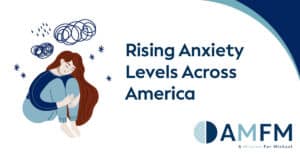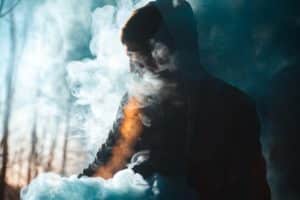There is a prevalent link between substance abuse and mental illness, and it is one that can be started from either end of the spectrum. Sometimes, the risks of developing certain types of mental illnesses can be spurted on through substance abuse, but types of mental disorders can also lead people to engage in substance abuse, due to the effect that the disorder may have on their decision making abilities. One particular example of this contentious relationship is the link between alcohol abuse and bipolar disorder…
Types of bipolar
There are three recognized types of bipolar disorder: bipolar 1, bipolar 2, and cyclothymic disorder. Bipolar 1 is the most extreme version, with hypomanic episodes occurring frequently in a 12-month period. Bipolar 2 is a more subtle version, as depressive episodes and feelings of hypomania occur about once per year. Cyclothymic disorder has longer episodes of depression and hypomania, but with far less pronounced effects, making it more difficult to diagnose. Patients of all types of bipolar disorder report frequently report using alcohol to self medicate.
Effects of drinking on bipolar
The problem with drinking when you suffer from bipolar disorder is that alcohol can have a tremendous impact on your emotional state. People get angry, or sad, or elated, or all of these emotions at once when they drink. When a person already is prone to suffer from switches between depressive and hypomanic episodes, alcohol can push these effects to a more extreme version than they would otherwise be.
Hypomanic episodes
Another issue is that a person who is going through a hypomanic episode is already prone to make poor decisions, but that can be compounded when you throw alcohol into the mix. People who abuse alcohol also commonly display feelings of shame, which can cause a hypomanic episode to deteriorate into extreme depression. The triggers that alcohol causes for people with bipolar disorder mean that these individuals should strongly consider avoiding alcohol while they are feeling any symptoms of their bipolar disorder.








